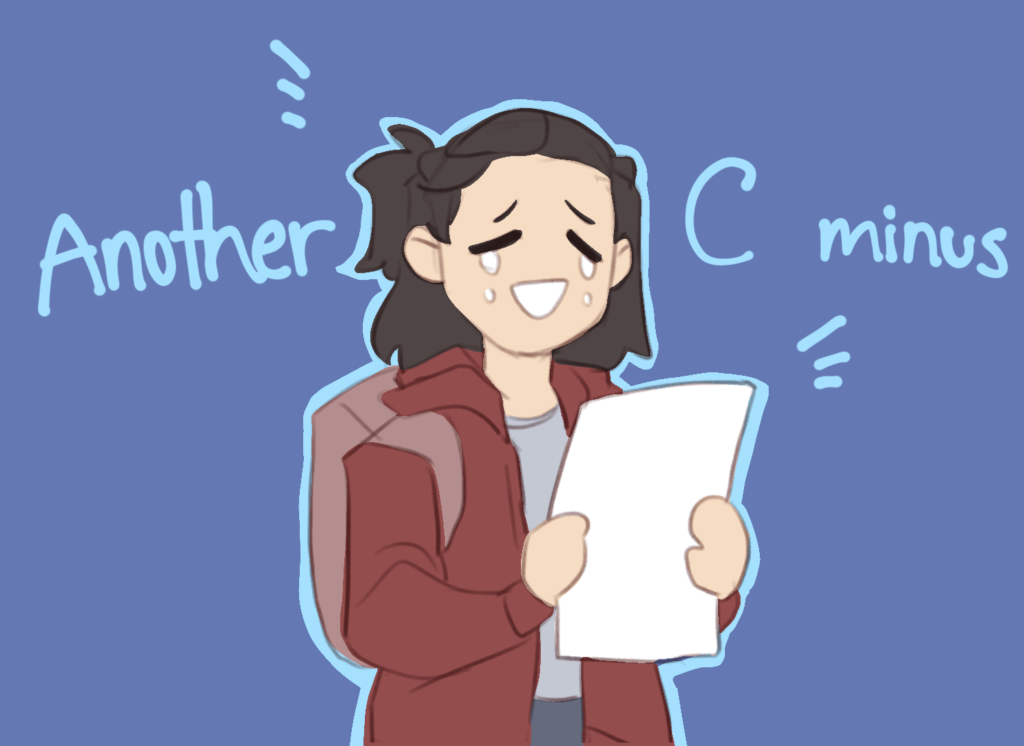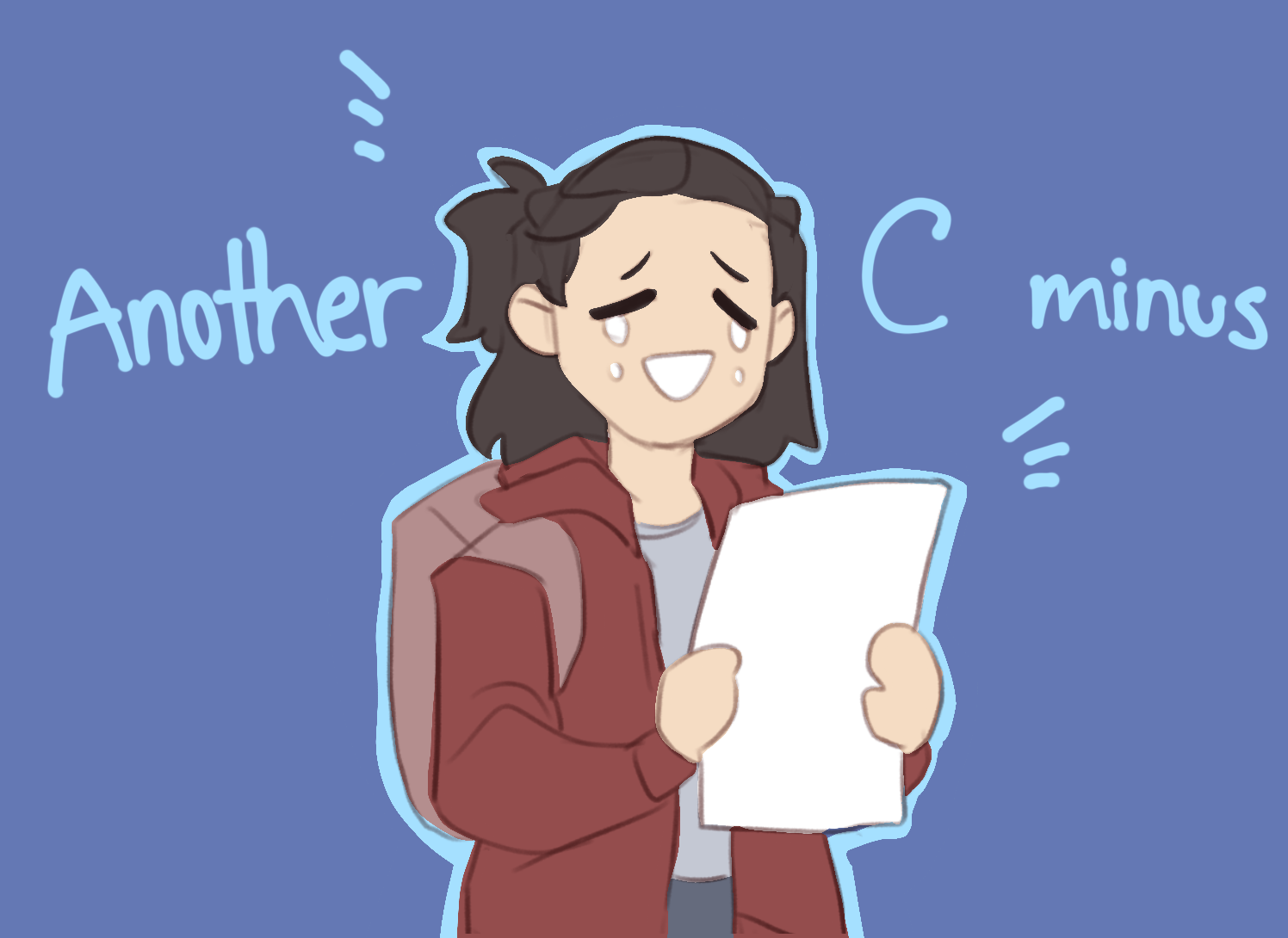This semester was supposed to be easier. That’s the recurring thought in my mind nowadays — after all, this is the first semester that I’m taking less than 20 credits, I don’t have a late-night job, and I’m enjoying all of my classes. Despite this, this semester has felt the most difficult in terms of motivation, time management, and academic rigor. On top of that, my grades are significantly worse than they were when I was taking two extra classes, which is demoralizing, to say the least.
I could blame it on the fact that I’ve taken up multiple e-board positions in various extracurriculars and auditioned for a musical where I’m rehearsing multiple times a week. Actually, it’s important that I don’t overlook that — after all, it wouldn’t be fair to myself to say that has no part to play in my academic struggles. However, it’s definitely not the only reason. In fact, this semester has reminded me of my consistent struggles in academia.
Similar to many students here, I’ve had an issue with procrastination. In addition, I’ve been used to procrastinating with ease. Even if concepts were difficult, it was often feasible for me to half-ass and bullshit my way through enough content to get by. When you’re in high school, they tell you that college is different, and that you need to be prepped for an intense workload, both in quantity and quality. I haven’t necessarily found that to be true, until now. Things have been easy enough for me to get by, but the parts that are difficult absolutely wallop me.
When you’re a procrastinator, you assume that putting in the effort will make things change, but it hasn’t. The exam I studied for hours on comes back a failure. I fall asleep while working on an assignment and forget to submit it. I sit in class taking meticulous notes, and when I look back at them to do my homework it all reads as gibberish. It’s starting to occur to me that maybe some of the work I do is just hard.
I’m learning that it’s okay to not be the best at the work that you do. When you’re used to being naturally good, it’s hard to realize that throwing the same amount of effort at something that is mildly (or exorbitantly) harder won’t just automatically work. However, there’s also something to be said for the idea that it doesn’t have to be. While we are all here for academics, there are so many venues to invest your time in here. I think of the things I want as all having a price of admission, and the amount that I am willing to pay at any given time fluctuates, as does the price. It’s not to say that you should shirk your academic responsibilities, but it’s good to keep in mind that sometimes the price just might be too high for you at a given time.
You’re allowed to not have everything done perfectly, even if it’s seemingly easy, and you’re allowed to deal with concepts that just don’t click. This is the time to learn how to keep on keeping on. We will be the best of ourselves once we learn that being our best isn’t a prerequisite to learning.



